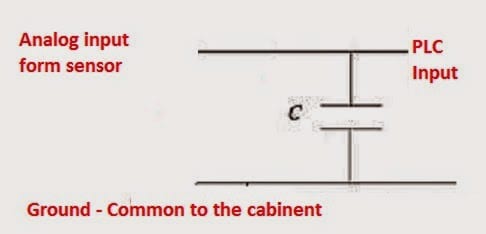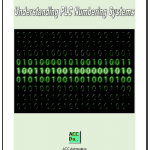In industrial environments, we often get noise on the analog signal input to PLCs or other controllers. Motors, lousy wiring, etc., can generate noise.
Placing a 1- 100 uF capacitor on the input signal and ground (common to the cabinet) will reduce the noise the input receives.
If you have any questions or need further information, please contact me.
Thank you,
Garry
If you’re like most of my readers, you’re committed to learning about technology. Numbering systems used in PLCs are not challenging to learn and understand. We will walk through the numbering systems used in PLCs. This includes Bits, Decimals, Hexadecimal, ASCII, and Floating Points.
To get this free article, subscribe to my free email newsletter.
Use the information to inform other people how numbering systems work. Sign up now.
The ‘Robust Data Logging for Free’ eBook is also available as a free download. The link is included when you subscribe to ACC Automation.


